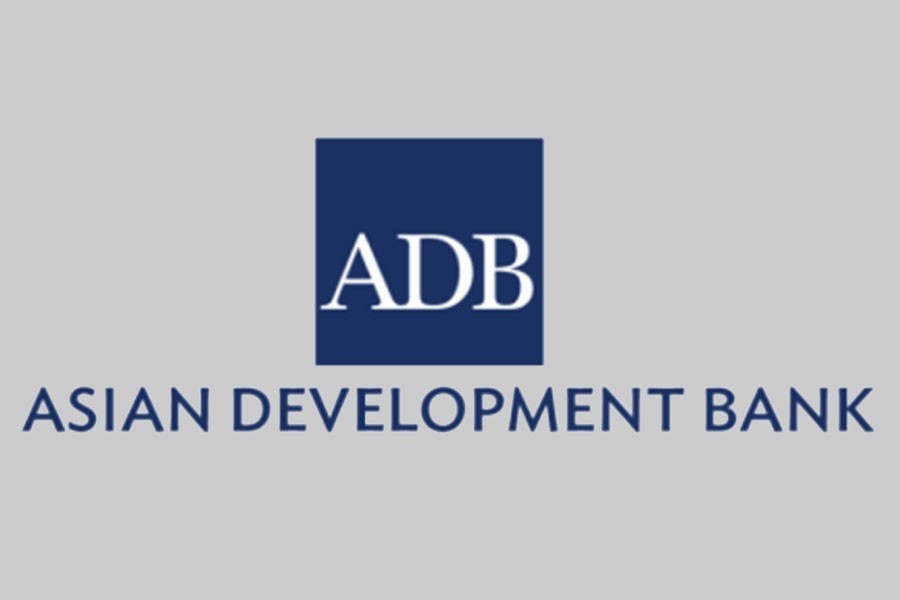Bangladesh’s economy is expected to grow at a rate of 6.8 per cent in the current fiscal year (FY 2021), the Asian Development Bank (ADB) said on Tuesday.
“The growth reflects gradual recovery, supported by a strong manufacturing base and strengthening of growth in export destinations,” said the Asian Development Outlook (ADO) 2020 Update of the ADB, released on Tuesday from its Manila headquarters.
“Bangladesh economy has started recovering from the pandemic. Despite significant pressure on the health and pandemic management systems, the government has managed the economy well with appropriate economic stimulus and social protection measures, ensuring basic services and commodities for the poor and vulnerable,” said ADB Country Director in Bangladesh Manmohan Parkash.
“Recent economic performance in exports and remittances, and government’s macroeconomic management including securing foreign funds for economic stimulus and social protection have made this recovery feasible,” he added.
The ADO Update said inflation is expected to moderate to 5.5 per cent and current account deficit to narrow to 1.1 per cent of gross domestic product (GDP) in FY2021.
Prudent macroeconomic management and speedy implementation of the government stimulus measures are key imperatives to ensuring the projected recovery, the report said.
The main risk to this growth projection is a prolonged pandemic in Bangladesh or its export destinations, it added.
The Manila-based lender said in FY2021, the Bangladesh government’s fiscal and monetary stimulus measures are expected to boost public and private investment.
The central bank’s expansionary and accommodative monetary policy is expected to aid the projected growth while keeping inflation contained. Strong remittances will stimulate private consumption, it added.
Meanwhile, the report said, as the pandemic persists, developing Asia is projected to contract by 0.7 per cent in 2020—the first regional GDP contraction since the early 1960s.
Developing Asia excluding the newly industrialised economies will also contract by 0.5 per cent. The downturn is broad-based—three-fourths of the region's economies are expected to contract this year with the People's Republic of China (PRC) being an important exception.
Depressed demand and low oil prices offset supply disruptions, keeping regional inflation at 2.9 per cent in 2020, and trimming it to 2.3 per cent in 2021, according to the report.


